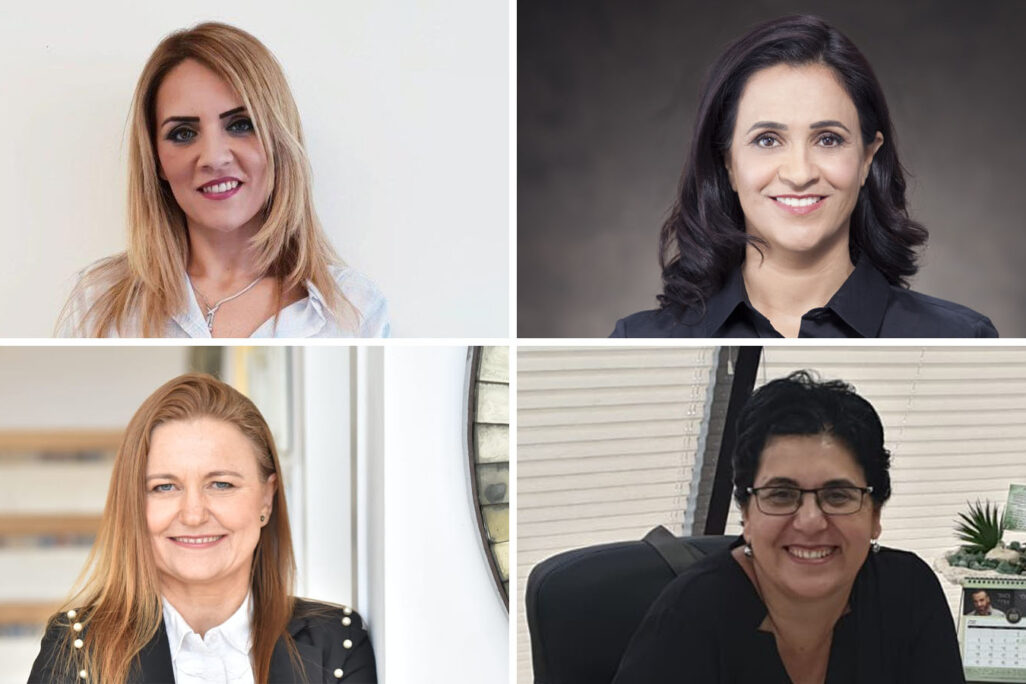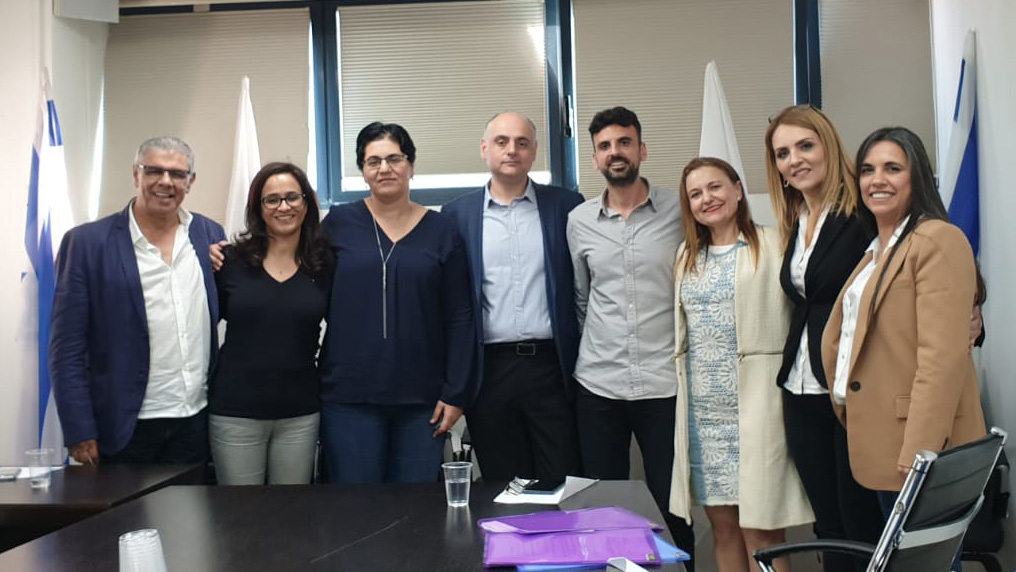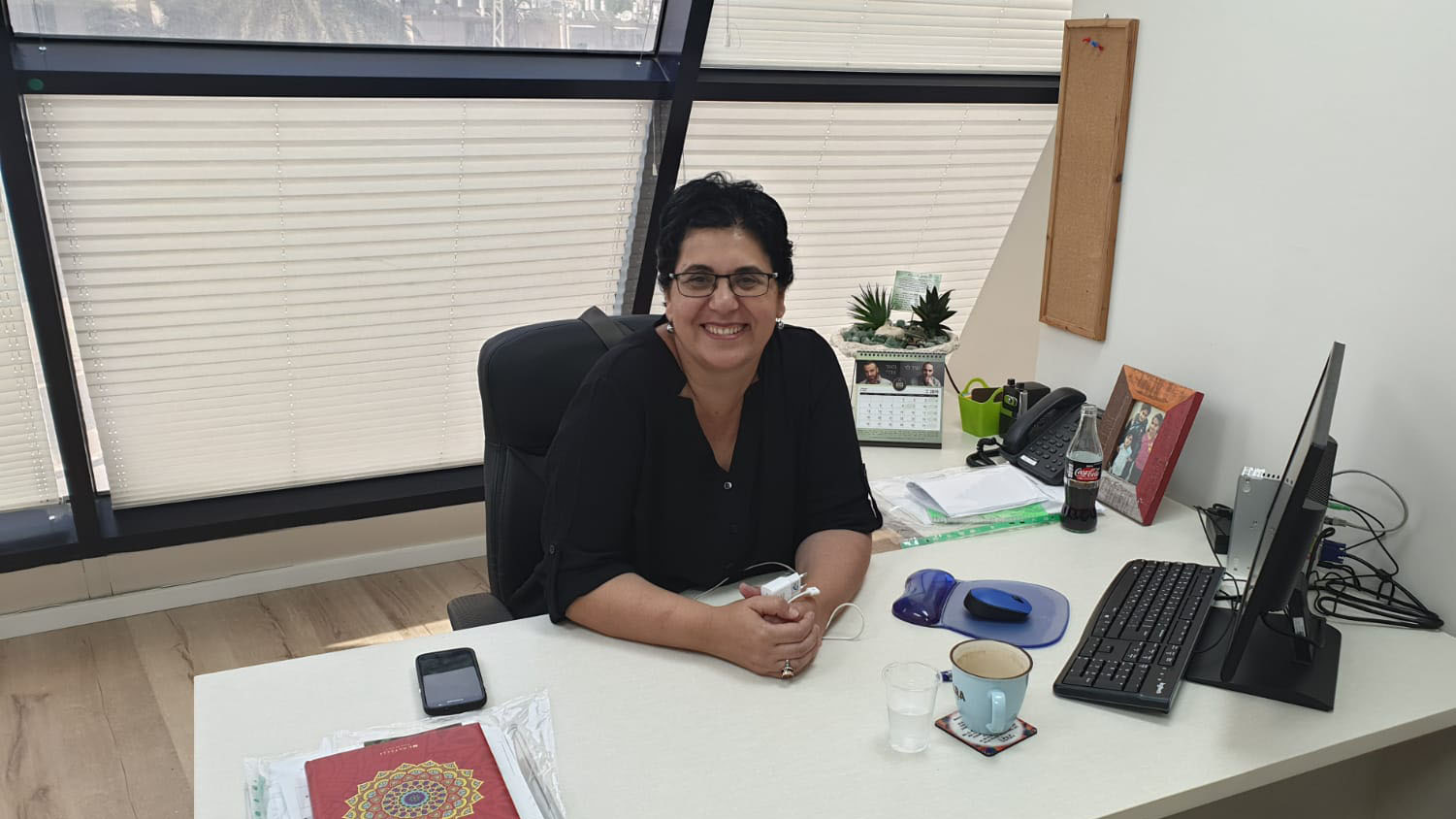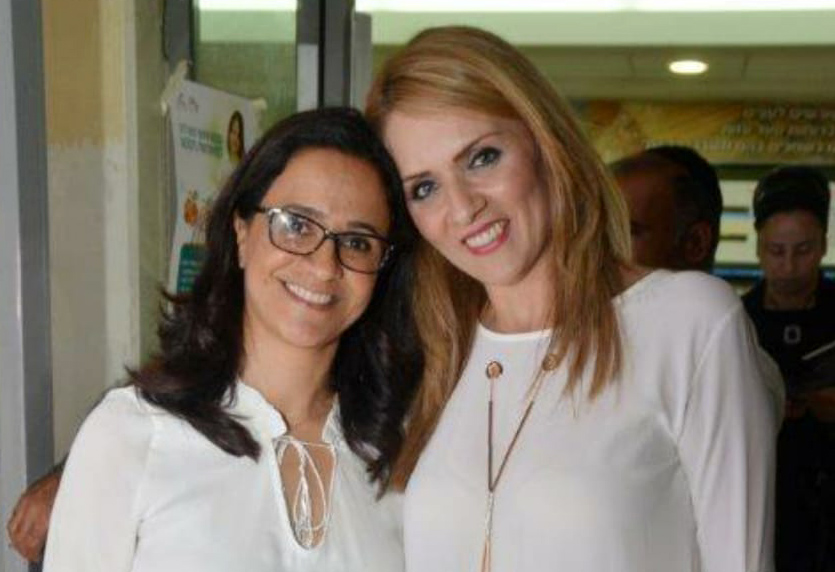
After five years of negotiations, this year 180 community center workers will finally receive a pay raise and increases to their health benefits and pension contributions. But this victory isn't like most negotiated pay raises. It's a success story of four women who managed to reach an agreement between the municipality and its workers where the men before them failed.
"I've been working here for 22 years, and I can't remember ever seeing this level of cooperation between the municipality and employees" said Hannah Pizuati-Yossef, chair of the local community center workers' committee.

"At first they ignored us"
Or Yehuda's community center workers have been trying to unionize since 2015. "We began the process five years ago, but it was very difficult to get everyone on board. They were scared they might lose their jobsת" said Pizuati-Yossef. The management actively opposed unionization efforts and created an atmosphere of fear, according to Pizuati-Yossef.
"Our coworkers felt that if they took part in the unionization, they might find it difficult to get promoted in the future," she said. "We found ourselves with only a small group at the front, facing the management. They created an intimidating atmosphere and gave the impression that they'd find ways to get rid of us."

Pizuati-Yossef describes issues with the way the community center was run at that time. "The [previous] manager would give himself and his friends frequent raises, leaving nothing for the rest of the workers. We decided to put a stop to it. We wanted everyone to have a fair chance here," she said.
According to Pizuati-Yossef, the picture changed when Liat Shochat, Or Yehuda's first woman mayor, was elected into office. Shochat was elected after the former mayor was convicted of sexual harassment. "Liat immediately backed the community center workers. With her help, the whole process became easier. At first they ignored us, but not anymore" she said.
Or Yehuda's Mayor: "Unionization is not a threat."
Shochat said that empowering workers, and especially female workers, was one of her top priorities when entering office. She describes feeling that municipal workers would enter her office gingerly, almost as if they were suffering from post-traumatic syndrome. She cites the workers' attitude as one of the reasons it was important for her "to back this sort of unionization. I tried to show these workers that the city's success depends on cooperation with them, and that we have to work together for the benefit of everyone. I wanted to restore their faith in their ability to stand up for themselves. I strongly believe in organized labor" she said.

"I certainly don't view unions as a threat. I care about the average person who needs to feed their family, and I believe that they deserve financial security just like anyone else" she added.
It wasn't always easy, but Shochat insists that the efforts expended on the process have benefited the city as a whole. "Unions help us run the city. They help us get the work done while making sure that our employees get treated the way they deserve. Without the union mediating between us and our employees I really don't see how we could do it," she said.
Union Chair: "A new era of cooperation"
Yonit Dalal is the chair of Or Yehuda's worker council, which represents all municipality employees. She describes a sea change in the municipality's attitude since Shochat entered office a few months ago. "When the municipality is supportive, everything becomes much easier," she said. "That's not always the case, of course. Often the relationship is much more difficult. But with Shochat it's different. Both sides feel that they can compromise because we both agree that cooperation is in the best interest of both sides."
Even Leah Katz, head of the company that operates the community center on behalf of the municipality, said that the agreement would benefit the city as a whole. Durning negotiations, Katz insisted that the agreement include a pay raise for community center workers even though the company was facing financial difficulties. "We reached an agreement that satisfied the workers and didn't overlystrain the company. That was a huge achievement," she said.
Girl power
All four women agree that the fact that negotiations were held by an all-female forum contributed dramatically to their success. Pizuati-Yossef said that "As women, we're less strict and more open to compromise. Putting women in key positions makes things run much more efficiently."
Katz agreed with Pizuati-Yossef and said that the process would not have succeeded otherwise. "We see things slightly differently. We see where the workers are coming from; we understand they are supporting a family. We use logic but we also make room for emotions. It's a little different than most men's approach. I think women understand more of the human aspects of work," she said.






